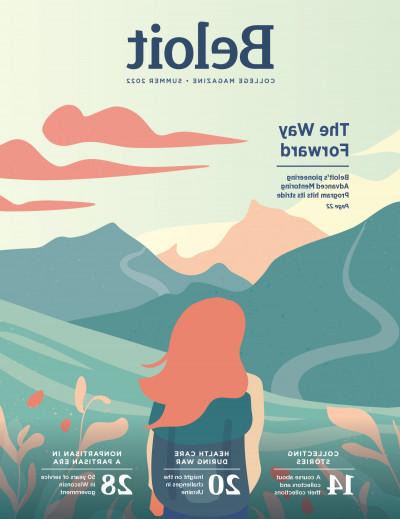Ready for a career and a meaningful, flourishing life
Anyone who has attended a college admissions event in recent years knows a common question many prospective students and their parents ask. How quickly will their education lead to a successful career?
The challenge of explaining the relevance of a liberal arts education in a career-minded environment is top of mind for Leslie Davidson, Beloit’s vice president for enrollment. “When you look at the research related to careers, liberal arts graduates in the long term are at an advantage, but in terms of perception there is a disadvantage,” she says.
Davidson believes the turning point came after the 2008-09 recession. “It used to be that the self-actualization purpose of college was good enough for many parents,” she says. “But the concern that this generation is not doing better than their parents financially has made the need to find a good job after college non-negotiable. Colleges need to validate that concern on the part of students and parents, because it’s real.”
Going back as far as the Beloit Plan of the 1960s — when the college was one of the first schools to introduce a work requirement known as the Field Term — Beloit has focused on career readiness through its liberal arts lens. In the past couple of years, however, the college has been more intentional about addressing the concerns Davidson outlines.
A strategic planning committee’s work in 2019 resulted in several major initiatives, including Career Channels, a grouping of eight occupational categories — from Arts to Worldbuilding — that link students to information and recommendations on courses, campus activities, and available resources (e.g., internships) for each area of interest.
A related initiative, Integrated Learning Outcomes (ILOs), articulates four learning goals that are embedded in the curriculum and everyday campus life: effective communication, productive collaboration, creative problem-solving, and professional and intellectual agility.
Rethinking faculty-student advising
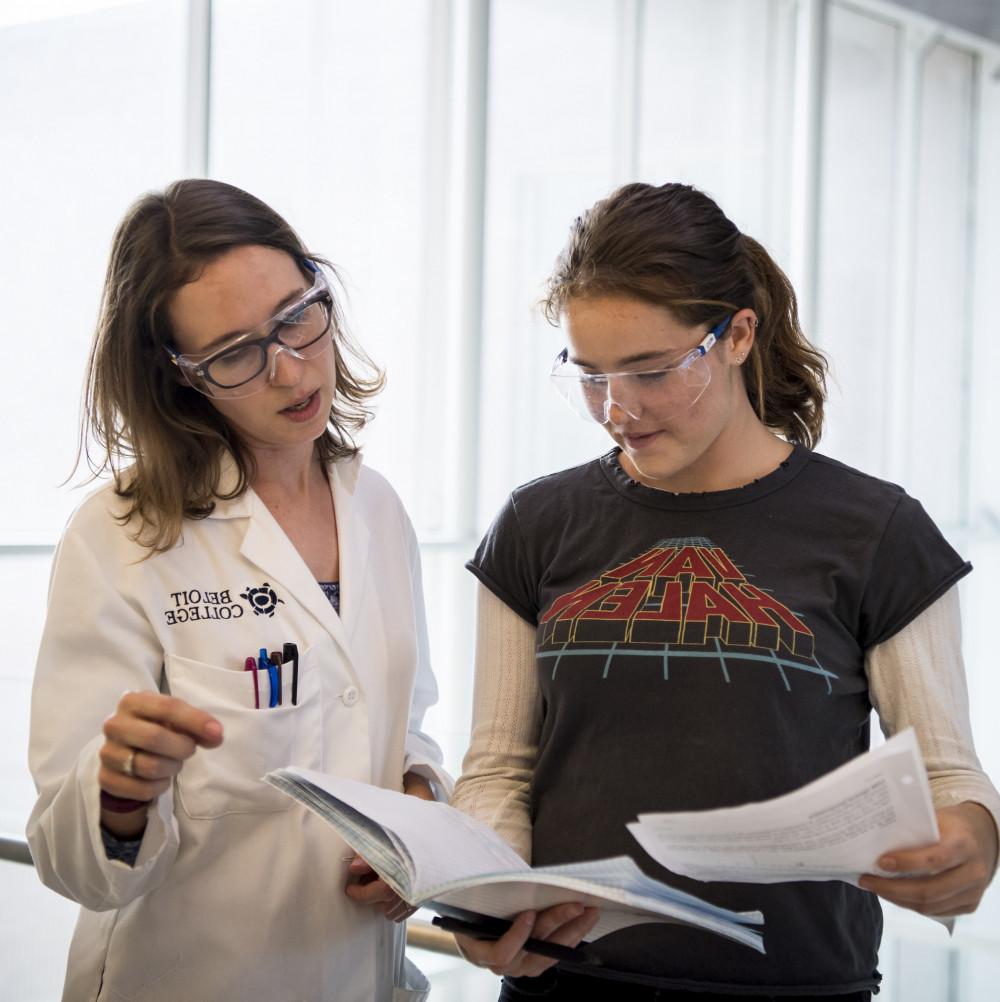
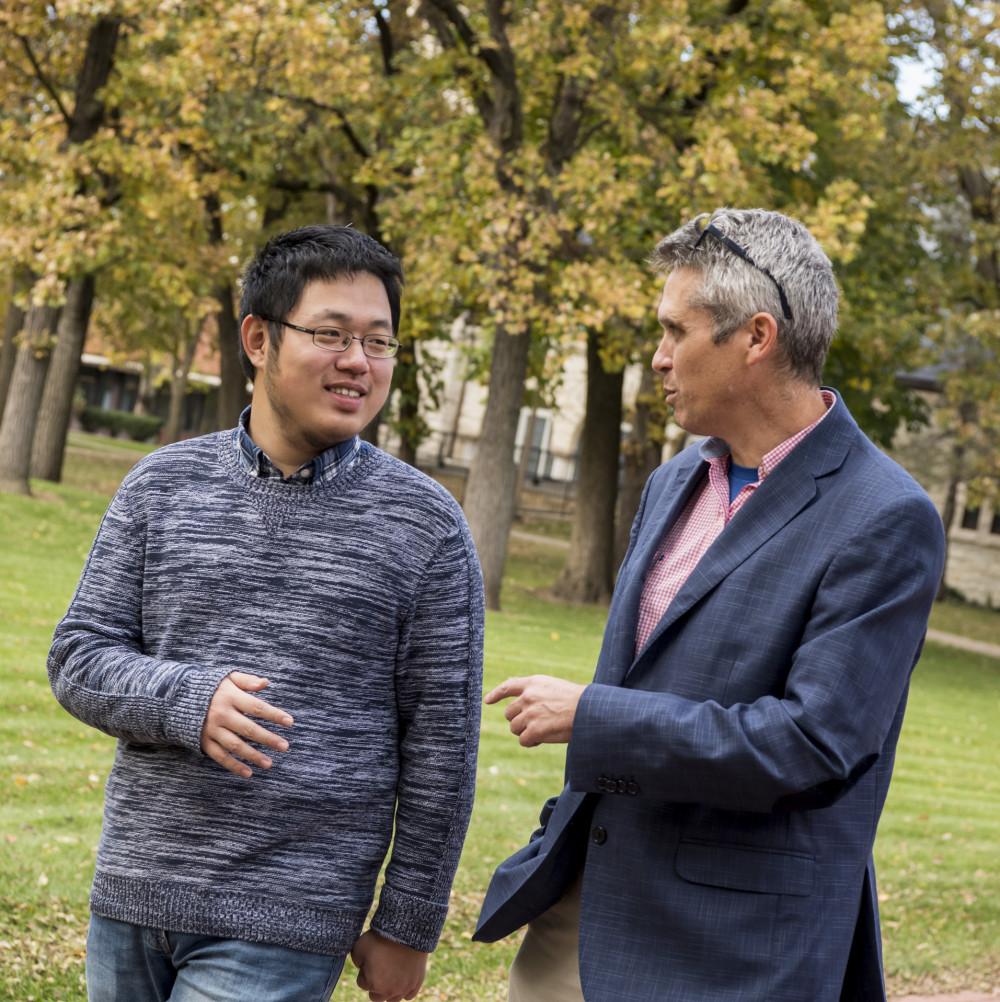
While Career Channels and ILOs are a way of restating Beloit’s long-standing approach within a career context, a third initiative developed in the strategic planning process entails a whole new slant on faculty-student advising — the Advanced Mentoring Program, or AMP. It’s a program that, according to associate dean Joy de León, is creating a buzz among administrators at other colleges.
Here’s how it works: Within 72 hours of committing to attend Beloit, incoming students are assigned a faculty advisor based on the introductory course they choose out of a dozen or so. That advisor is then available to answer any questions they have — by email and in several regularly scheduled individual and group video calls during the period leading up to the start of their first semester.

The relationship between AMP advisors and advisees continues through sophomore year until a student selects an academic advisor within their major. The college offers a set of optional quarter-credit AMP courses to sophomores that focus on broader questions related to planning for the future.
“The early connection of deposited students to advisors is pretty much unheard of and yet makes so much sense, especially as we encountered the pandemic,” says de León. “In the past, students would deposit [their enrollment fees] from December to May, and then they wouldn’t hear that much from us until they arrived in August.”
An inside view
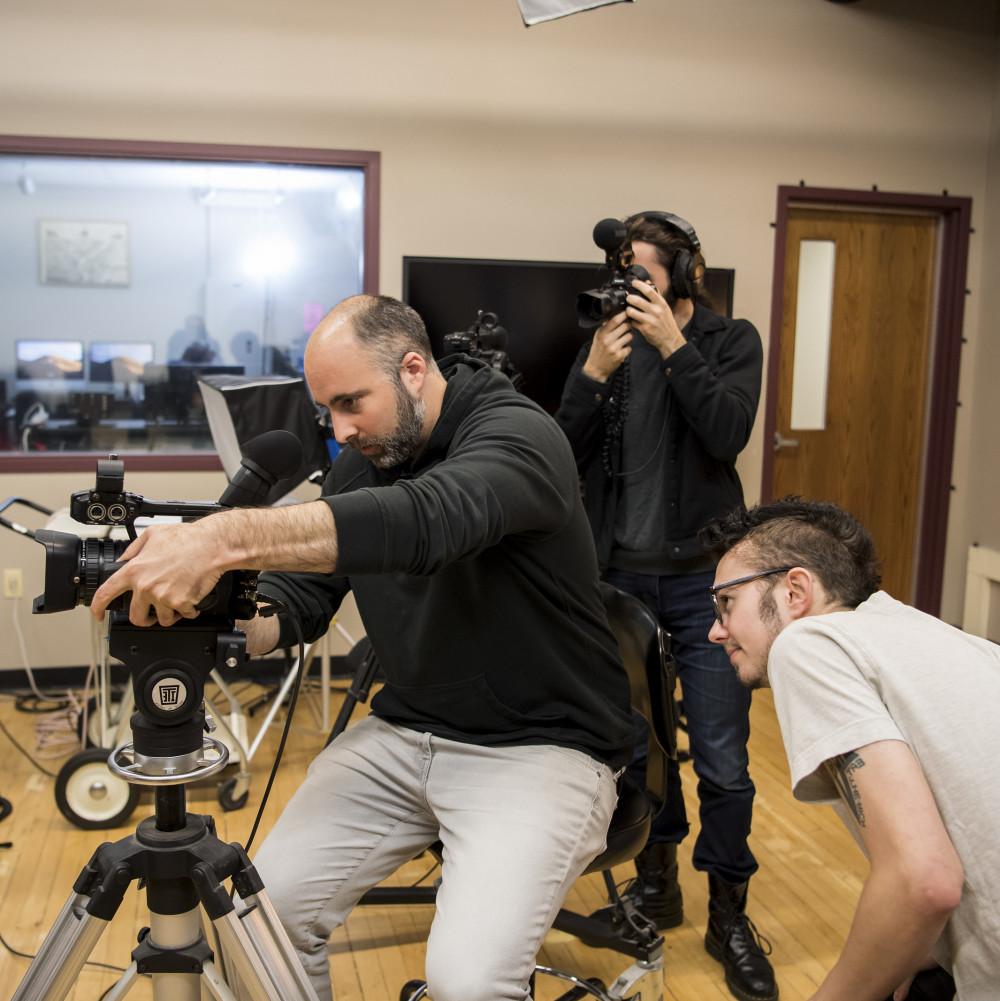
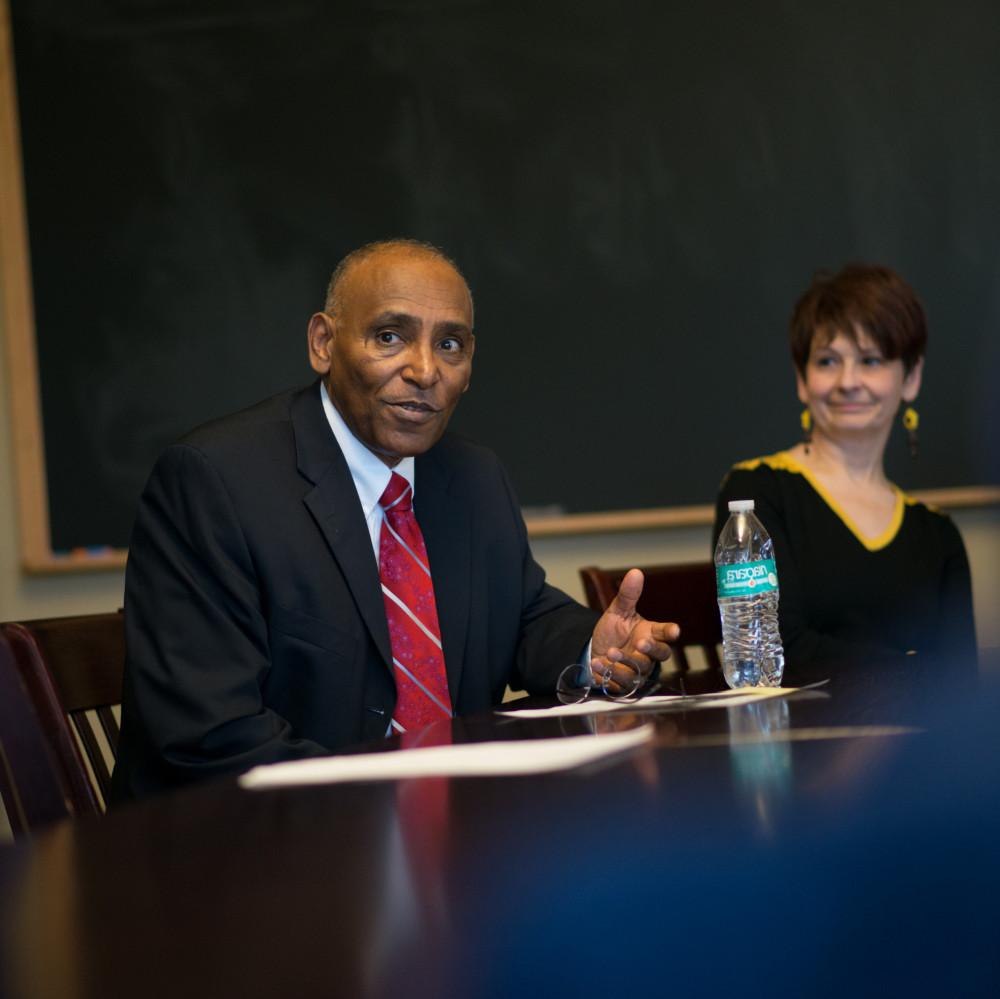
Biology professor Rachel Bergstrom, who co-directs the AMP program with de León, says, “We planned AMP before Covid was on the map because we recognized how important it is for students to feel connected with campus life. We’ve seen a huge benefit from it while working with students who had significantly disrupted high school experiences during the pandemic. AMP provides a lot of flexibility and space for us to anticipate and respond to what students need to be successful here.”
Davidson says the program is getting a positive response from prospective students and parents. “The transition to college is exciting but stressful,” she says. “Having access to a person who can help plan that experience makes a difference. Students and parents like the idea that they already have a college advisor while still in high school. And that advisor is a faculty member, not a paid admissions staffer.
“We also explain the highly relational nature of this community,” she says. “Your Beloit advisor is not someone you talk with only about academics. You can talk about anything else that’s on your mind. It’s not uncommon for an advisor to be at your game, or your performance, or your art show opening.”

De León says that “giving credit and having a time slot in the academic schedule for what is basically an advising class shows how highly we value the advising relationship.” She explains that 15 faculty members are participating in AMP, each with an advisee group of 18 to 20 students. AMP advisors do not receive additional financial compensation, but their teaching schedule is reduced by one course.
English professor Chuck Lewis, who directs Beloit’s writing program, played a key role in designing AMP. “We worked closely with the admissions department to align our approach with what they told us about the concerns and perceptions of prospective students and their parents,” he says. “Traditional models of advising are too passive. They have a ‘we’re here for you’ mindset that doesn’t work well for everybody. Some students are better than others in cultivating mentors, seeking out support, and taking advantage of available resources. We’ve changed our entire academic schedule to hard wire in these advising classes, and we’ve made advising as formally structured and intentionally designed as any other part of our curriculum.”
Lewis, who will replace de León as AMP co-chair next year, sees the program as mutually beneficial for students and faculty. “They know me better, I know them better,” he says of students. “I’m more proactive and attentive, they see me as more available. We make more connections between our academic work and everything else. It’s as if we’ve both opened up a few more windows to each other because, well, we have a structure with more built-in windows.”
De León says students have a range of responses to the program. “Some gobble it up, some think they’re beyond it. The one thing we’ve discovered so far in our assessment is that students value the relationship with the advisor, and that’s the most important part.”
While first-year student Sydney Grace Moses was aware of AMP before she applied, the offering that made Beloit her first choice of colleges and drew her from Los Angeles to Wisconsin was the writing program, along with a desire to see snow. She got an advance look at the accessibility of Beloit faculty when an admissions counselor arranged a phone call with English professor Chris Fink, who teaches creative writing and edits the Beloit Fiction Journal.
A member of the Worldbuilding Collective club and a tutor in the middle-school mentoring program, Moses says that some of the career-related topics in the AMP seminar are simply not of interest to her. But she values the relationship she has developed with her advisor, anthropology professor Leslie Williams, and the opportunity to make friends in her advising group. She has even found her anthropology intro class so interesting that she is considering anthropology as a major.
“We looked at the experience of the take-charge student at Beloit and tried to craft programs that make sure every student gets that experience,” says Davidson.
Bergstrom concurs. “Many of our students don’t know what they want to do or don’t know how to do what they want to do,” she says. “I think AMP enables us to meet individual students where they are in their level of career readiness.”
Paul Engleman’76 is a Chicago-based writer.
Amping up the sophomore year
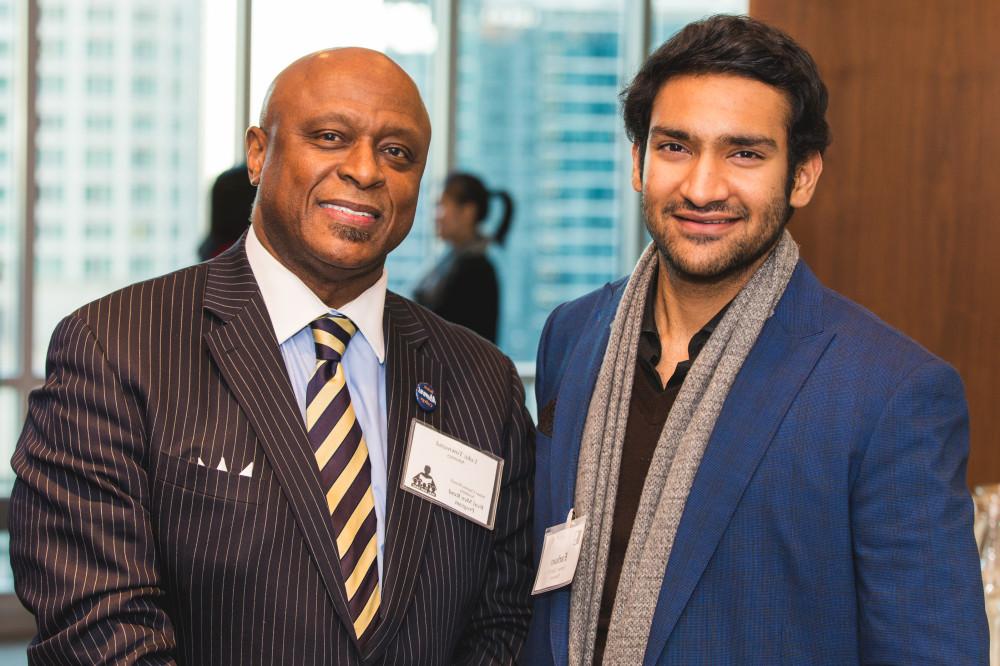
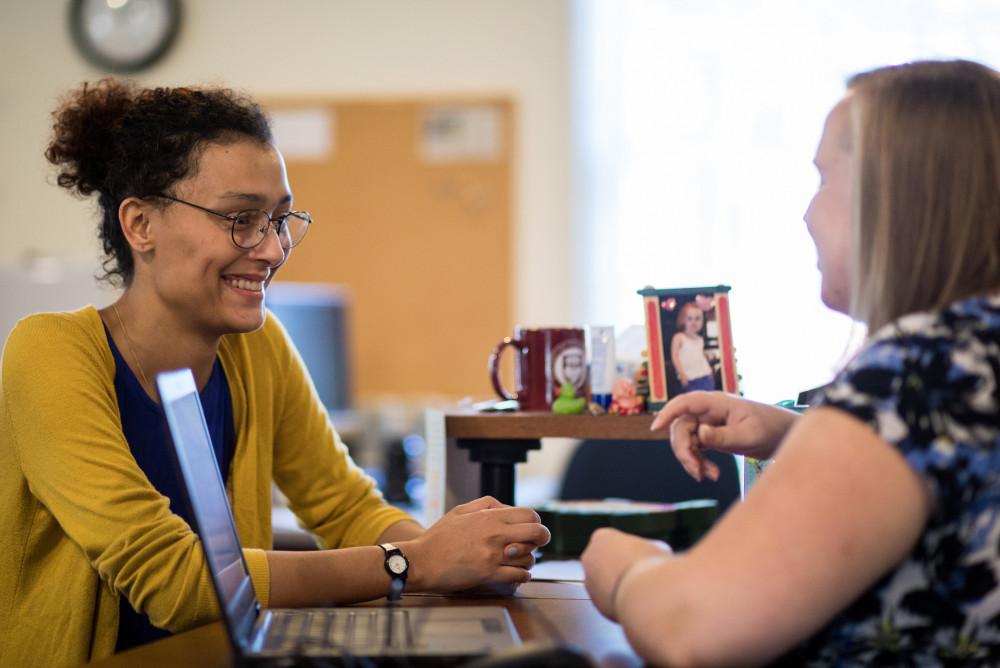
Integrating career readiness into a liberal arts education presents a creative challenge for faculty members called upon to design courses that serve both interests. While AMP offerings for second-year students focus attention on developing useful skills, they also address the concept of career readiness in the broader sense of discovering a purpose in life.
Sophomore AMP seminars for the 2021-22 academic year have included Enemies of the People: Enemies of Happiness, an examination of the relationship between an ideal society and individual freedom through the reading of two novels — Zamyatin’s We and Orwell’s 1984; Saving Beloit’s Stories: Preserving the Past through Oral History, a course on gathering information through oral history interviews that students conduct and submit to the college archives; and Creating Meaningful Connections and Worlds, which explores how literature, language, art, and media shape our current world and empower us to imagine, create, and transform future worlds.
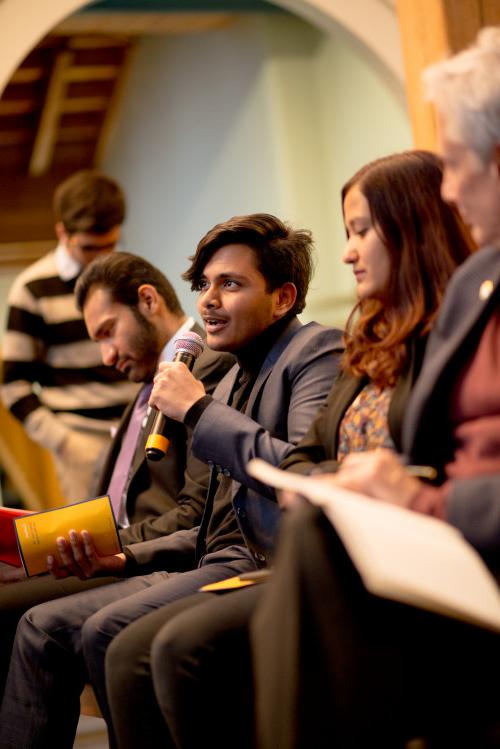
Says Tedesco: “I have become an increasingly big believer in metacognition — thinking about learning. Every time I give an exam or assign a paper, I want students to ask why they are being assigned this work. I want students to see that what they’re doing is contributing to the skills and outcomes of their college experience.”


